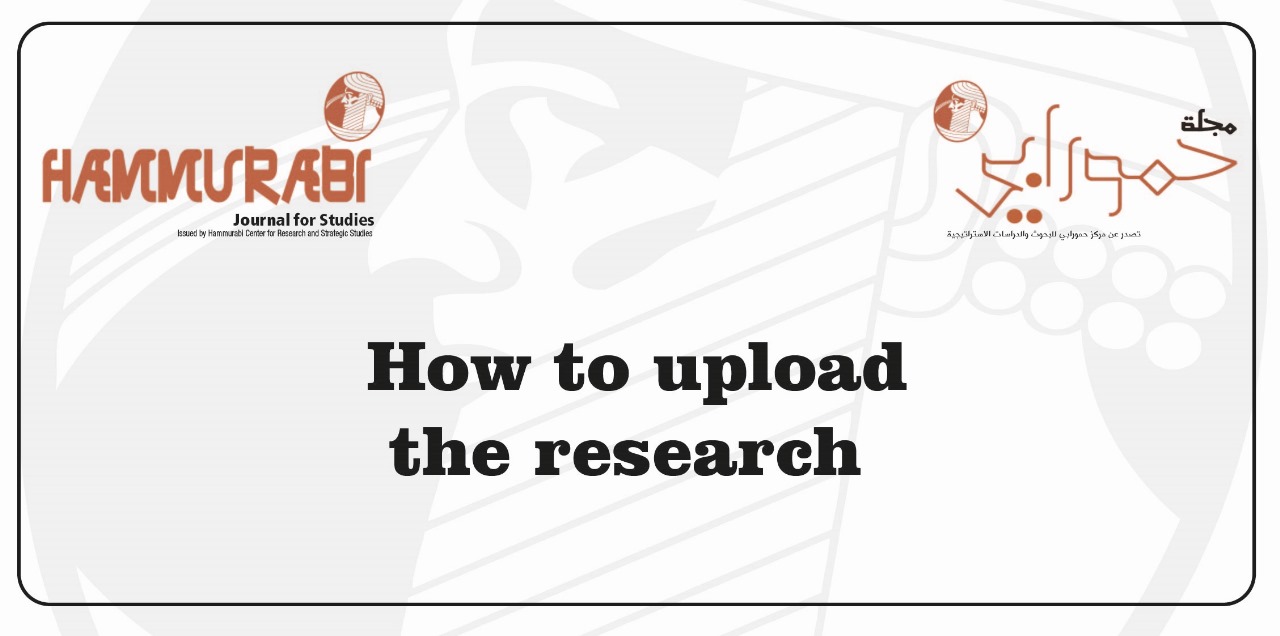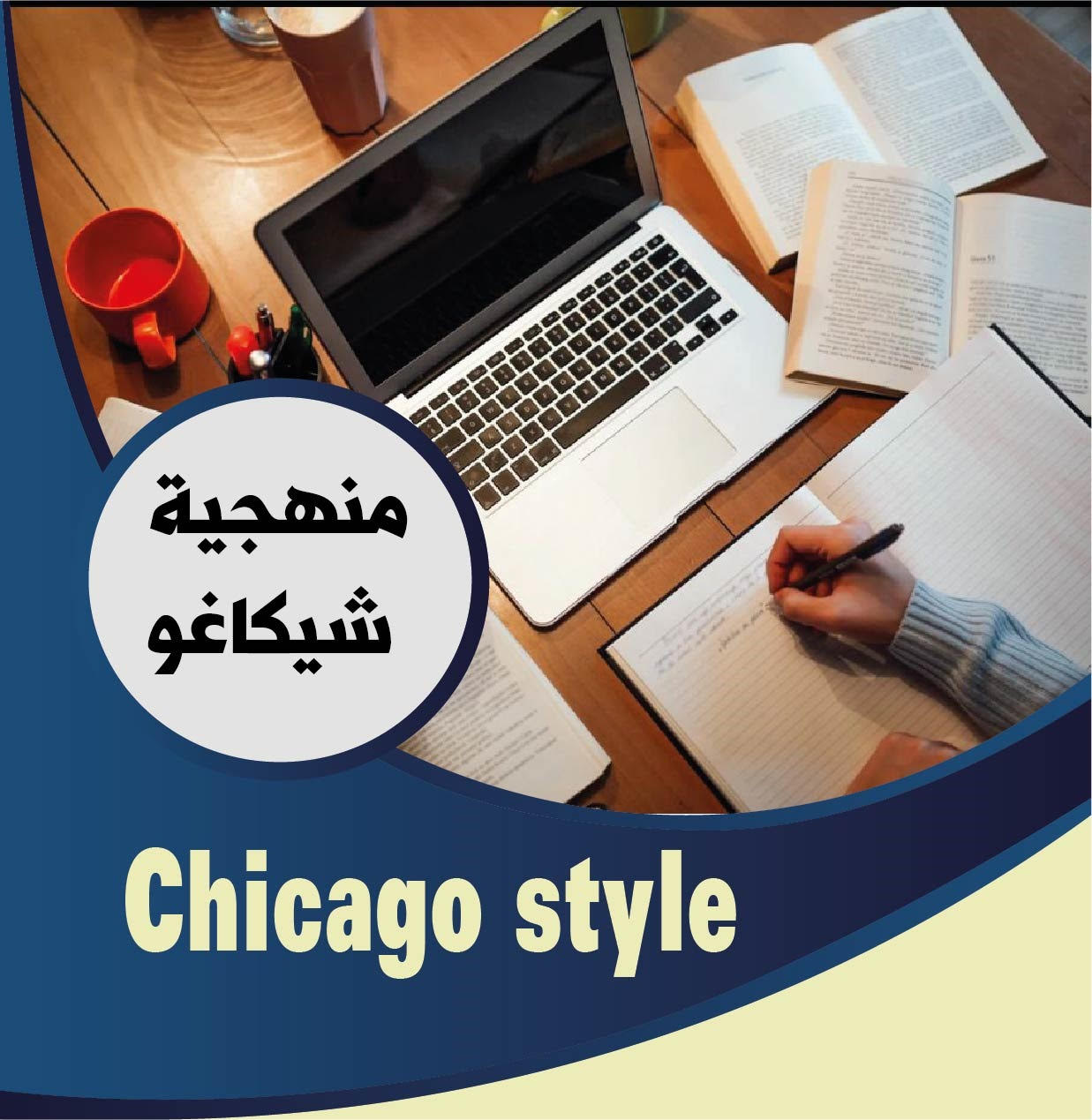Powers of the King in the Kingdom of Saudi Arabia (An analytical Study )
Abstract
The political system in the Kingdom of Saudi Arabia is an absolute monarchy, and there are no institutions, parties, unions or political associations that participate in the management of the kingdom. The nature of the system of government in the Kingdom is based on the Basic Law that was promulgated in 1992 following numerous calls for political reform. The king enjoys wide-ranging powers and is limited only by the basic system of the kingdom, where the king comes at the top of the pyramid of power in the kingdom, and he is the king, the prime minister, and the supreme commander of the army and armed forces. The king also combines legislative, executive and judicial powers. Royal decrees have a higher status than judicial and administrative decisions, as the king can issue a royal decree to overturn any other decision. According to Article 44 of the Basic Law, the king is the arbiter of the three powers in the country. The political system of governance in the Kingdom was defined by King Fahd bin Abdulaziz, in order to clarify all the foundations and systems through which all affairs of the Kingdom are monitored and managed, and for the constitution to be used in governance as a basis for it, through the constitution, to be able to organize governance and items that contribute to the realization of public benefits that include all the people.











